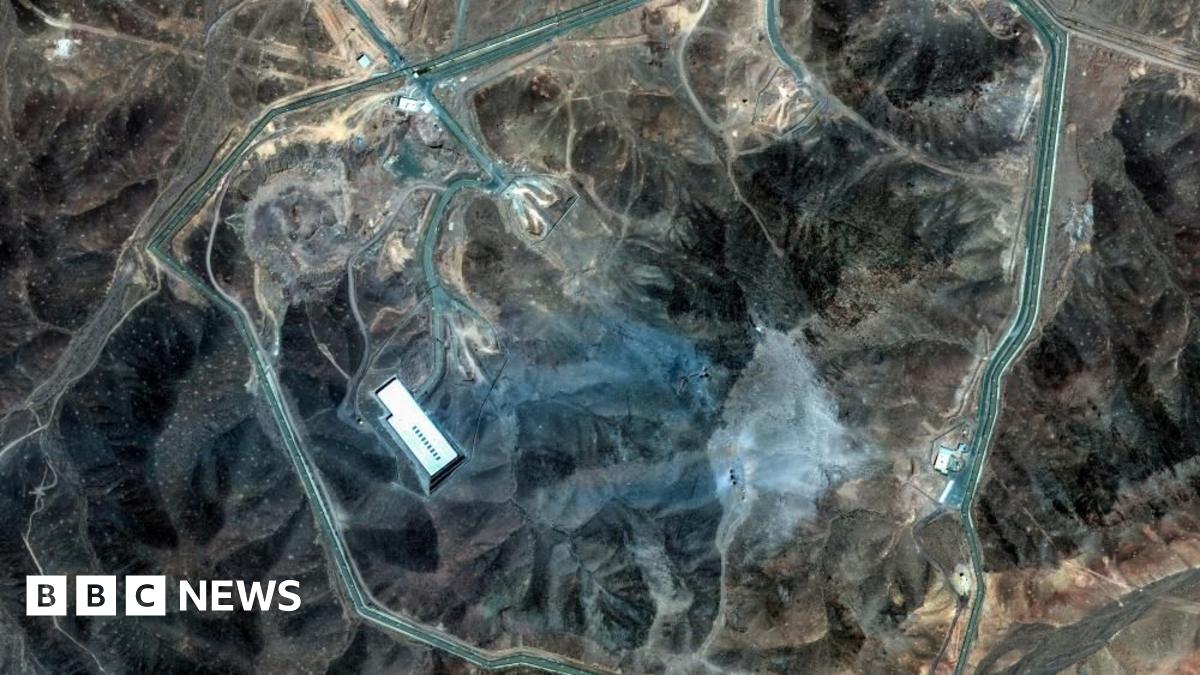Netanyahu's Bold Move: How Israel Shifted from Caution to Confrontation with Iran

Netanyahu's Bold Move: How Israel Shifted from Caution to Confrontation with Iran
For over three decades, the specter of an Iranian nuclear program has loomed large over Israel. Prime Minister Benjamin Netanyahu has consistently advocated for decisive action, a desire often tempered by the cautious counsel of the United States and his own security establishment. Now, after a period of intense regional conflict and a significant shift in geopolitical dynamics, Netanyahu appears to be celebrating a victory – one that signifies a dramatic change in Israel's approach to Iran.
The narrative stretches back more than 30 years, filled with fiery rhetoric and punctuated by 20 months of war that have fundamentally reshaped the Middle East landscape. Early on, Netanyahu’s ambitions to strike Iran were repeatedly thwarted. The United States, while sharing concerns about Iran’s nuclear aspirations, consistently urged restraint, fearing a wider regional conflict and the potential for catastrophic consequences. Similarly, Israeli security chiefs, mindful of the military and economic costs, cautioned against a unilateral strike, emphasizing the need for international consensus and robust intelligence.
However, the landscape has undergone a profound transformation. The rise of ISIS, the ongoing Syrian civil war, and the recent escalation of tensions with Hezbollah have created a volatile environment where the perceived threat from Iran has intensified. Furthermore, shifts in the US foreign policy, particularly a perceived reduction in commitment to regional security guarantees, have emboldened Netanyahu to pursue a more assertive strategy.
The recent events, particularly those involving Iranian proxies and facilities, have provided Netanyahu with a platform to showcase his resolve and demonstrate Israel’s ability to act independently. While details remain closely guarded, reports suggest a series of covert operations targeting Iranian assets in Syria and Lebanon, aimed at disrupting Tehran’s efforts to establish a military presence in the region. This represents a significant departure from Israel's previous policy of maintaining a degree of deniability regarding its actions against Iran.
Netanyahu's 'victory lap,' as it's being described in Israeli media, reflects a growing confidence in Israel’s military capabilities and a belief that the time for decisive action against Iran has arrived. However, this shift also carries significant risks. A direct military confrontation with Iran could trigger a wider regional war, drawing in the United States and other major powers. Moreover, the effectiveness of Israel’s strikes remains a subject of debate, with some analysts questioning whether they have significantly curtailed Iran’s nuclear program or deterred its regional ambitions.
The future remains uncertain. While Netanyahu’s actions may have temporarily disrupted Iran’s plans, they have also heightened tensions and increased the risk of escalation. The international community faces a daunting challenge in preventing a full-scale conflict while ensuring that Iran does not acquire nuclear weapons. Netanyahu's recent assertiveness marks a pivotal moment in the long-running saga of Israel-Iran relations, one with far-reaching consequences for the entire region.





